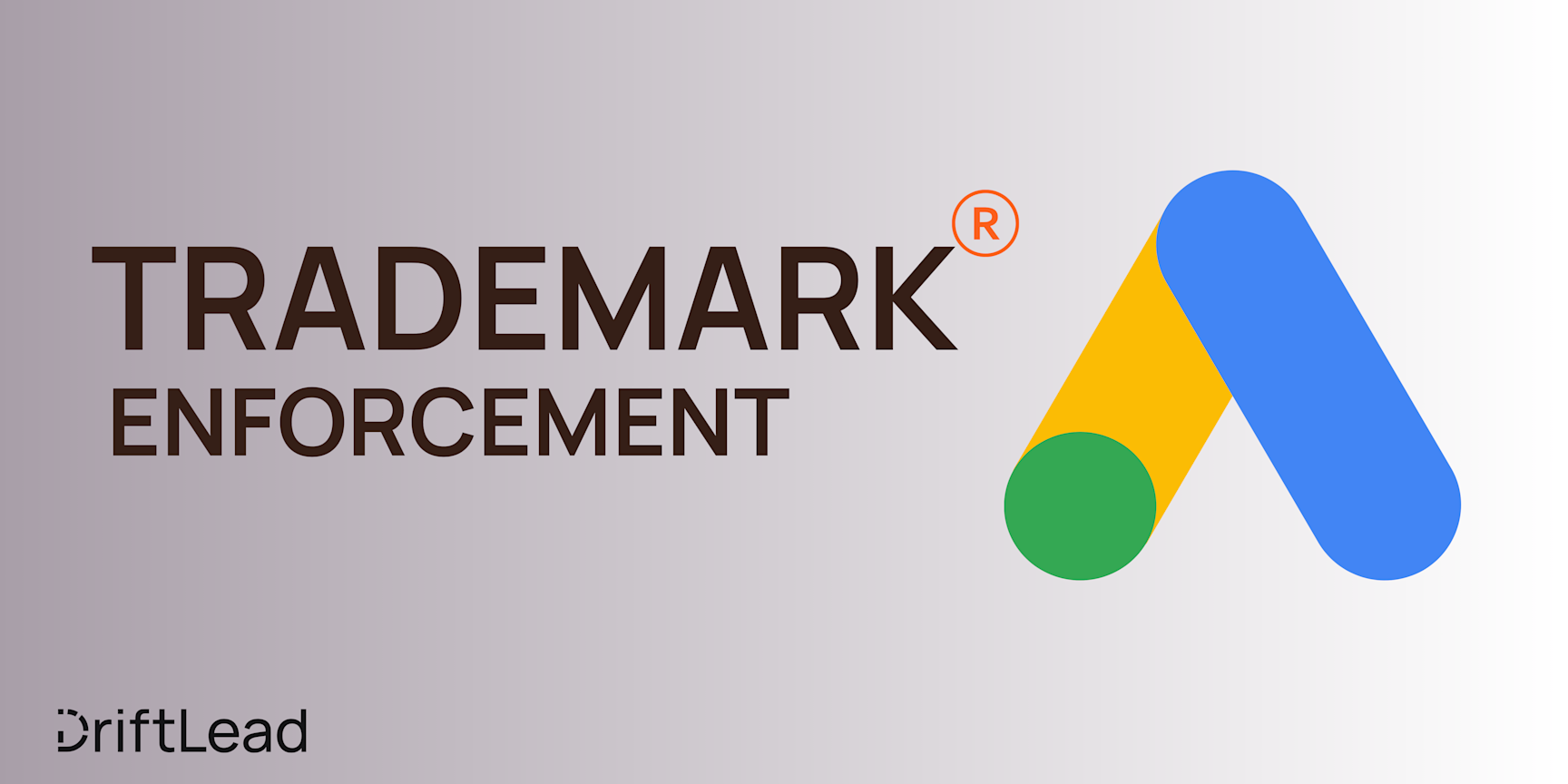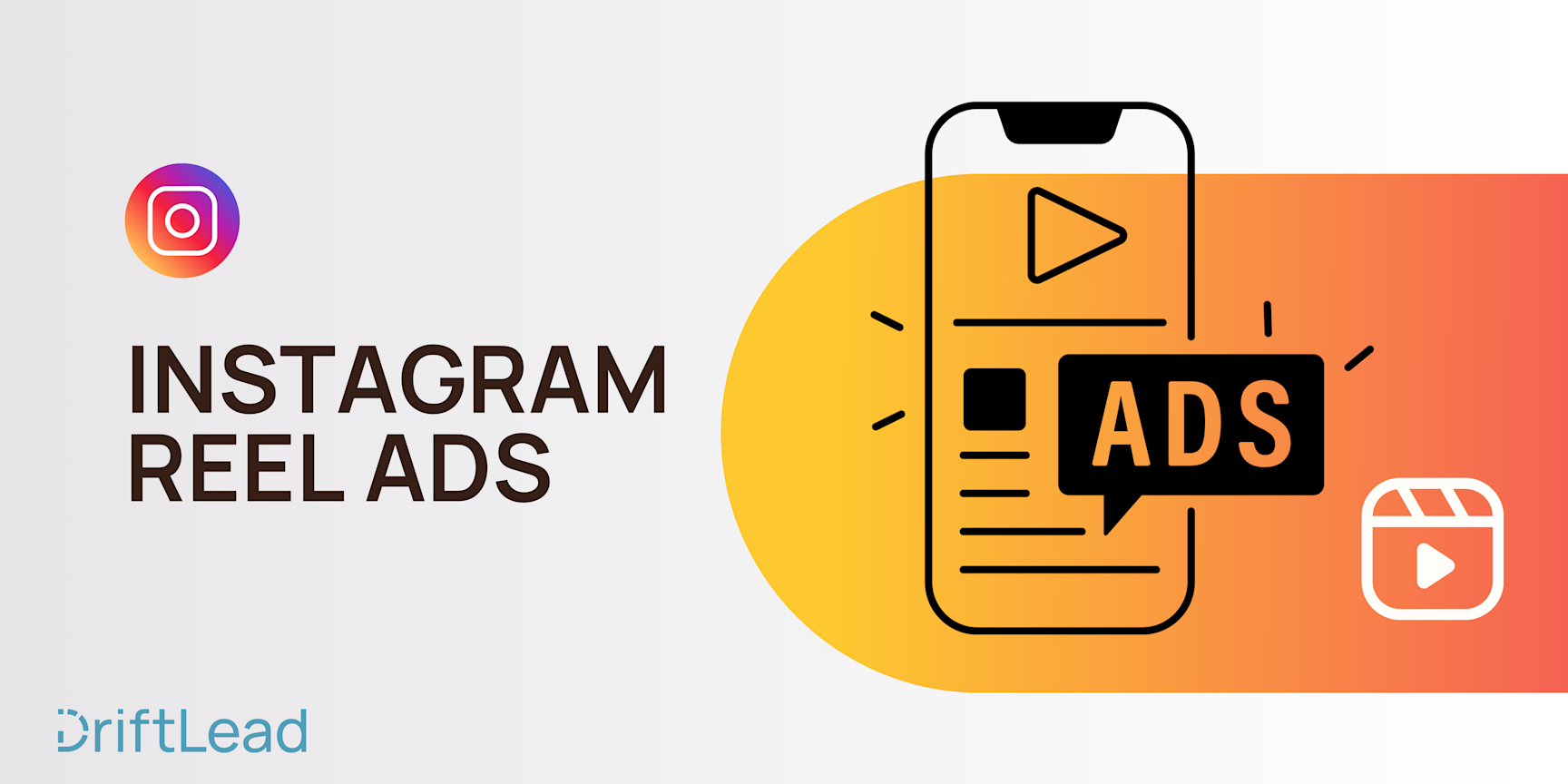Are Facebook Ads Effective? What to Know Before Starting
08 Jun, 2024
Are Facebook Ads worth it? In this post, we will discuss some key considerations to determine whether Facebook Ads make sense for your business.
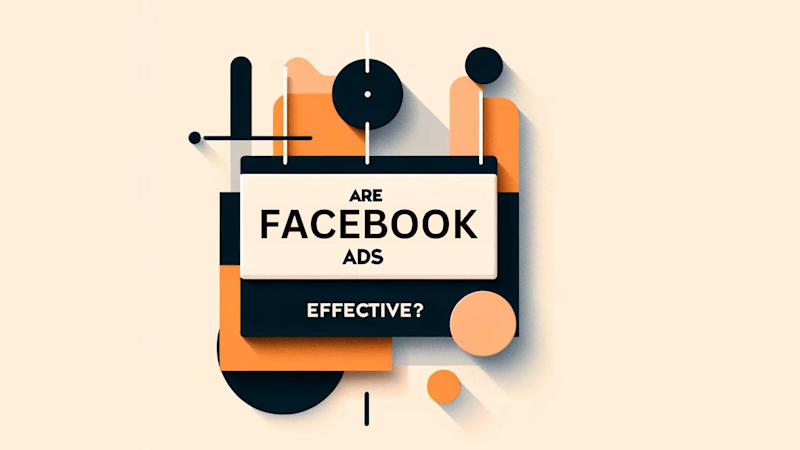
Jump to:
Hop on our weekly newsletter train! We're sharing tips so stellar, we're practically job-threatening ourselves!
So, you’ve been hearing a lot about Facebook ads and wondering if they’re worth the hype. Well, you’re in the right place! Facebook ads have the potential to supercharge your marketing efforts, but they can also be as confusing as trying to assemble IKEA furniture without the manual. 😅
In this guide, we’ll break down everything you need to know before diving into Facebook advertising. We’ll explore the economics, budgeting, setting realistic expectations, and much more. Whether you’re a seasoned marketer or a newbie looking to dip your toes into the advertising pool, this article will provide you with the insights and tips to make informed decisions.
Are Facebook Ads Effective?
The short answer is yes—Facebook ads can be incredibly effective, but as with any marketing tactic, success hinges on how well you execute your strategy. Done right, Facebook ads can drive traffic, boost sales, and significantly increase brand awareness. But as with everything in digital marketing—it doesn't always make sense for every business.
Key Considerations
Target Audience 🎯
Before anything else, you need to ensure your target audience is on Facebook or Instagram. While Facebook boasts over 2.8 billion monthly active users, your specific audience may be limited. Research your customers to make sure they’re active on Facebook and that the respective targeting segments exist.
While almost every audience exists on Facebook, audience size may be limited by geography (local businesses in small, scarcely populated towns with a very specific target audience will have a harder time than those in a large metropolis).
Industry or Niche 🏢
Your industry or niche significantly impacts the effectiveness of your Facebook ads. For instance, if you’re in a niche where your audience isn’t as active on Facebook, such as certain B2B sectors, you might need to reconsider your strategy. In these cases, Google Ads often is a sounder choice.
Marketing Budget 💰
Your budget plays a crucial role in the success of your Facebook ad campaigns. A small budget might limit your reach and ability to test different ad variations, while a well-allocated budget allows for broader experimentation and optimization. Remember, you don’t need to break the bank, but having enough funds to test, analyze, and scale successful campaigns is essential. The cost-effectiveness of Facebook ads can be one of their strongest points, especially when compared to traditional advertising channels.
Creative Quality 🎨
The quality of your ad creatives—images, videos, and copy—can make or break your campaign. High-quality, engaging content is more likely to capture attention and drive conversions. Investing in professional graphics and compelling copywriting can significantly enhance your ad performance.
Competition 🏆
Consider the competitive landscape of your industry. Highly competitive markets may require more sophisticated strategies and higher budgets to stand out. Conversely, less competitive niches might offer more room to experiment and find what works without as much financial pressure.
The Economics of Facebook Ads
Understanding the economics of Facebook ads is crucial for setting realistic expectations and planning your advertising budget. In this section, we’ll explore average Return on Ad Spend (ROAS) ranges, Cost Per Acquisition (CPA) metrics, and what you should expect to pay across different industries.
Average ROAS Ranges 📈
Return on Ad Spend (ROAS) is a key metric that measures the revenue generated for every dollar spent on advertising. A higher ROAS indicates a more profitable campaign. On Facebook, ROAS can vary significantly depending on the industry and the effectiveness of the ad campaign.
E-commerce: Typically sees an average ROAS of 2.5 to 3.0. This means that for every $1 spent on Facebook ads, the business earns $2.50 to $3.00 in revenue.
Retail: ROAS can range from 4.0 to 8.0, reflecting the competitive nature and high conversion rates often seen in this sector.
Travel and Hospitality: Averages around 5.0 to 10.0, as these industries benefit from visually engaging ads and compelling offers.
Technology: Usually has a lower ROAS, around 1.5 to 2.0, due to the higher price points and longer sales cycles.
Finance: Can see a wide range, from 2.0 to 4.0, depending on the specific financial product being advertised.
Average CPA by Industry 💸
Cost Per Acquisition (CPA) measures the cost of acquiring a customer through your ad campaign. Like ROAS, CPA varies across industries and can give you a clearer idea of what to budget for.
E-commerce: Typically has a CPA ranging from $10 to $30, depending on the product category and target audience.
Retail: Sees a CPA of around $10 to $40, influenced by the diversity of products and purchase behaviors.
Travel and Hospitality: Averages between $20 to $50, as the industry focuses on high-value transactions like bookings and reservations.
Technology: Often has a higher CPA, ranging from $40 to $100, reflecting the higher value and complexity of the products.
Finance: Can vary widely, from $30 to $70, depending on whether the ads are for simpler financial products like credit cards or more complex ones like investment services.
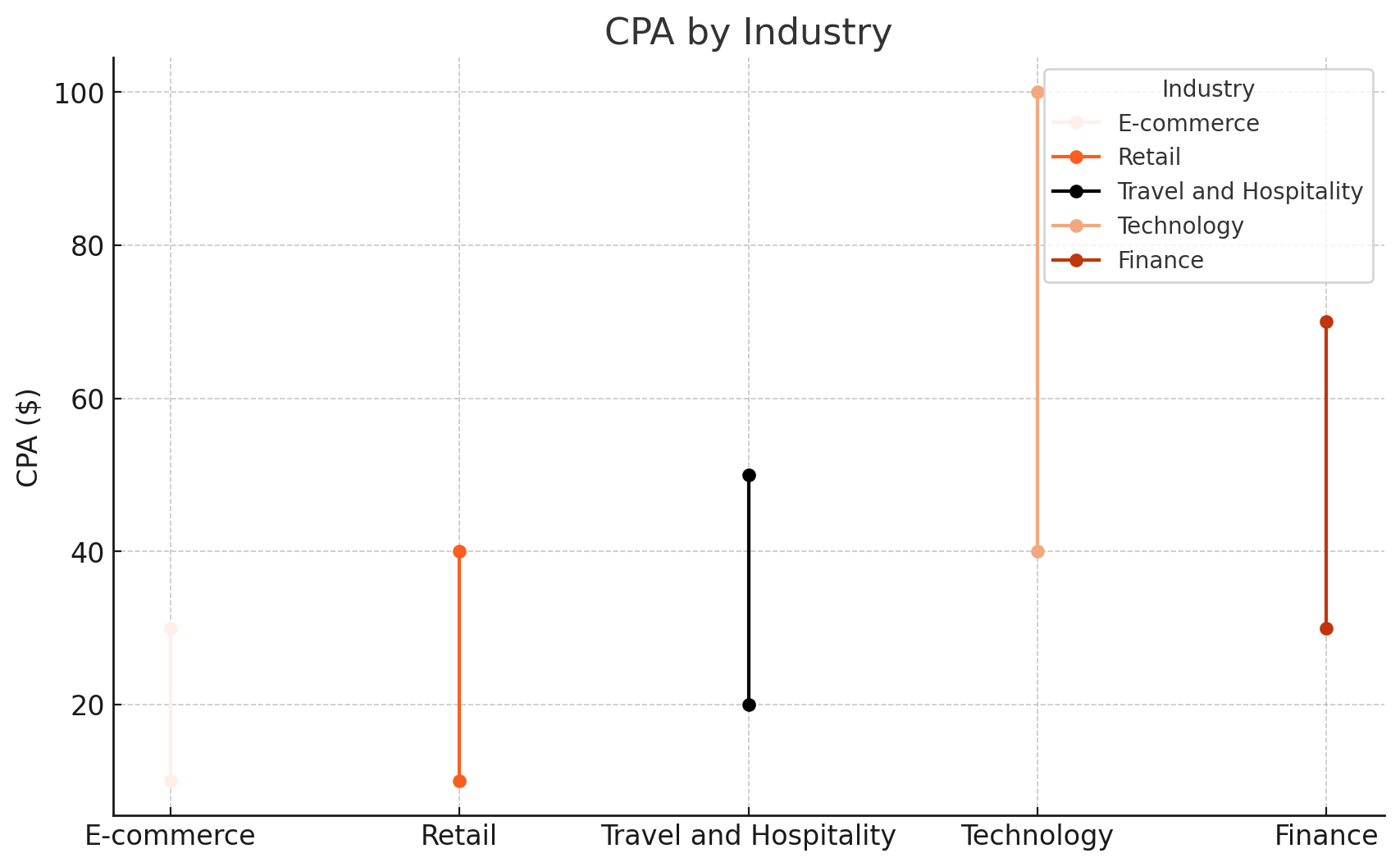
Factors Influencing Costs 🧩
Several factors influence the costs of Facebook ads, including:
Targeting Specificity: Highly specific targeting can increase costs but improve ad relevance and conversion rates.
Ad Quality and Relevance: High-quality, engaging ads typically have lower costs due to better user engagement and higher relevance scores.
Competition: More competitive industries and audiences drive up costs due to higher bidding for ad placements.
Seasonality: Costs can fluctuate with seasonal trends, such as increased competition during holidays or special events.
Budget Planning 💡
When planning your Facebook ad budget, consider starting small and scaling up based on performance. A good starting point for small businesses might be $300-$500 per month. For larger campaigns or businesses looking to make a significant impact, budgets of $1,000 or more per month are common.
Setting Realistic Expectations
Understanding the Learning Curve 📚
When you embark on your Facebook advertising journey, it’s essential to set realistic expectations. Unlike a magical elixir that delivers instant results, Facebook ads require a period of learning, testing, and optimization. Here’s what you need to keep in mind:
Initial Performance May Vary 🎢
Your first few campaigns might not be home runs, and that’s perfectly normal. Facebook’s algorithm needs time to learn and optimize your ads based on user interactions. During this initial phase, you may notice fluctuations in performance metrics such as CTR (Click-Through Rate) and conversion rates. Patience is key!
Budgeting for Learning 💡
Allocate a portion of your budget for the learning phase. This investment is crucial for gathering data and understanding what resonates with your audience. Without this initial spend, it’s challenging to refine your strategy and improve performance over time.
Realistic ROI Expectations 📈
While Facebook ads can yield significant returns, it’s crucial to have realistic expectations about ROI (Return on Investment). According to industry benchmarks, a ROAS (Return on Ad Spend) of 2-4x is considered good, but this can vary based on your industry, audience, and campaign goals. It’s important to measure success not just by immediate sales, but by long-term customer acquisition and brand awareness.
How to Get The Most Out of Facebook Ads
To maximize the effectiveness of your Facebook ads, it’s essential to adopt best practices that align with your marketing goals and target audience. Here are key strategies to ensure your campaigns deliver optimal results.
Define Clear Objectives 🎯
The foundation of a successful Facebook ad campaign is setting clear, measurable objectives. Whether your goal is to increase brand awareness, drive website traffic, generate leads, or boost sales, having a defined objective will guide your strategy and help you measure success.
Know Your Audience 👥
Understanding your audience is crucial for effective targeting. Facebook’s advanced targeting options allow you to reach specific demographics, interests, behaviors, and even life events.
Craft Engaging Creatives 🎨
Your ad creatives—images, videos, and copy—are critical to capturing attention and driving engagement. Invest in high-quality visuals and compelling copy that resonate with your audience.
Pro Tip: A/B test different creatives to see which ones perform best. Experiment with various formats, such as carousel ads, slideshow ads, and stories.
Utilize Retargeting Techniques 🎯
Retargeting is a powerful strategy to re-engage users who have shown interest in your products or services. Implementing Facebook Pixel on your website allows you to track user interactions and retarget them with relevant ads.
Pro Tip: Use retargeting to nurture leads and guide them through the sales funnel, increasing the likelihood of conversion.
A/B Testing for Continuous Improvement 🧪
A/B testing, or split testing, allows you to compare different versions of your ads to determine what works best. Test various elements such as headlines, images, CTAs, and targeting options.
Leveraging Analytics and Insights 📊
Facebook provides robust analytics tools to track and measure the performance of your ad campaigns. Use these insights to make data-driven decisions and optimize your strategy.
Common Challenges and How to Overcome Them
Running Facebook ads can be incredibly rewarding, but it also comes with its fair share of challenges. Here are some common obstacles you might encounter and strategies to overcome them.
Ad Fatigue and Saturation 😴
The Challenge: Ad fatigue occurs when your audience sees your ads too frequently, leading to decreased engagement and effectiveness. Over time, even the most engaging ads can lose their appeal if shown too often.
How to Overcome It:
Rotate Creatives: Regularly update and refresh your ad creatives to keep your audience interested. Experiment with different images, videos, and copy to find new ways to engage users.
Adjust Targeting: Expand your targeting options to reach new audience segments. This can reduce the frequency with which your current audience sees your ads.
Frequency Caps: Set frequency caps to limit the number of times your ads are shown to the same user. This helps prevent overexposure and keeps your ads fresh.
Navigating Algorithm Changes 🔄
The Challenge: Facebook frequently updates its algorithms, which can impact the performance of your ads. Staying ahead of these changes is crucial for maintaining effectiveness.
How to Overcome It:
Stay Informed: Follow industry blogs, join marketing forums, and subscribe to updates from Facebook to stay informed about algorithm changes.
Test and Adapt: Regularly test different ad formats and strategies to see how they perform under the latest algorithm updates. Be prepared to adapt your approach based on what works best.
Utilize Facebook Resources: Use Facebook’s resources like the Blueprint courses to stay updated on best practices and new features.
Compliance and Ad Policy Issues 📜
The Challenge: Facebook has strict ad policies, and non-compliance can lead to ad disapprovals or account suspensions. Navigating these rules can be tricky, especially for industries with more restrictive regulations.
How to Overcome It:
Familiarize Yourself with Policies: Thoroughly read and understand Facebook’s advertising policies to ensure your ads comply. Regularly review these guidelines, as they can change.
Use Clear and Honest Messaging: Avoid misleading claims and ensure your ad content is truthful and transparent. This helps in maintaining compliance and building trust with your audience.
Seek Expert Advice: If you’re unsure about compliance, consider consulting with a digital marketing expert or legal advisor familiar with Facebook’s policies.
Managing Budget Effectively 💸
The Challenge: Without careful budget management, you can quickly exhaust your ad spend without seeing significant returns. Balancing cost and performance is essential for sustainable campaigns.
How to Overcome It:
Set Clear Budget Limits: Define daily and lifetime budgets to control your spending. Monitor your campaigns closely to ensure you stay within these limits.
Optimize Bids: Use Facebook’s automated bidding strategies to optimize your ad spend. Consider manual bidding if you want more control over your budget allocation.
Focus on High-Performing Ads: Allocate more budget to ads and audiences that are delivering the best results. Pause or adjust underperforming ads to avoid wasting money.
Tracking and Attribution Issues 📊
The Challenge: Accurately tracking conversions and attributing them to your Facebook ads can be challenging, especially with increasing privacy regulations and changes in data tracking.
How to Overcome It:
Implement Facebook Pixel: Ensure you have the Facebook Pixel properly installed on your website to track user interactions and conversions.
Use Conversion API: Complement the Pixel with Facebook’s Conversion API to ensure more reliable data tracking and attribution.
Utilize UTM Parameters: Add UTM parameters to your ad links to track performance in Google Analytics and other third-party tools.
Dealing with Negative Feedback 🛑
The Challenge: Negative comments and feedback on your ads can harm your brand’s reputation and affect ad performance.
How to Overcome It:
Monitor Comments: Regularly check the comments on your ads and engage with your audience. Address concerns and respond to feedback promptly and professionally.
Learn from Feedback: Use negative feedback as an opportunity to improve your products, services, or ad messaging. Adjust your campaigns based on constructive criticism.
Moderate When Necessary: Use Facebook’s moderation tools to hide or delete inappropriate comments that violate community guidelines.
Closing Thoughts
In the dynamic world of digital marketing, Facebook ads stand out as a powerful tool to reach and engage your target audience. While they offer immense potential, their effectiveness hinges on strategic planning, continuous optimization, and a clear understanding of the platform’s intricacies. By setting realistic expectations, implementing best practices, and staying adaptable to changes, you can harness the full potential of Facebook advertising to drive significant business results.
Ready to elevate your Facebook ad campaigns? Get a free marketing plan from DriftLead and start optimizing your strategy today. Our experts are here to help you navigate the complexities of Facebook ads and achieve your marketing goals. Let’s make your ads work harder and smarter! 🚀
